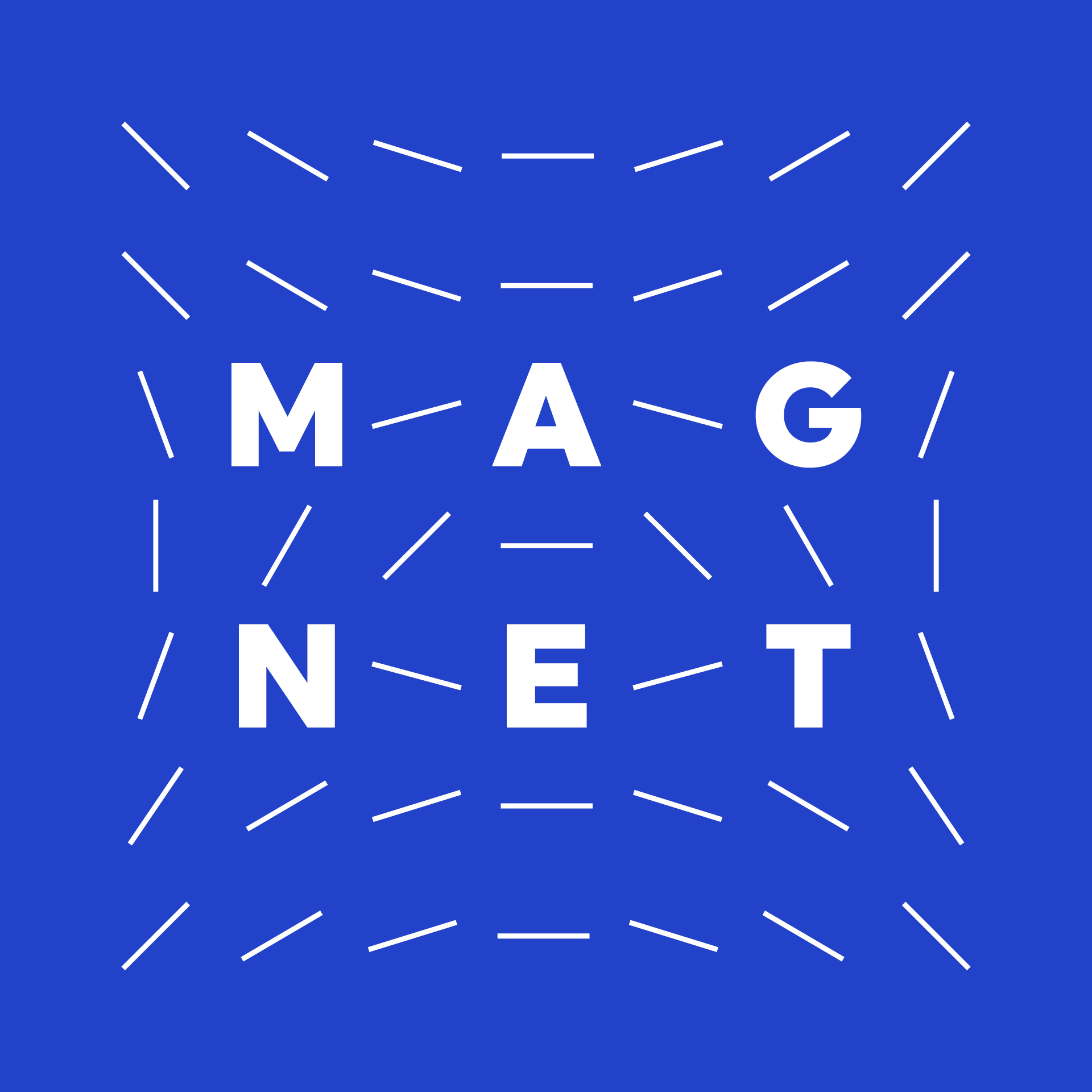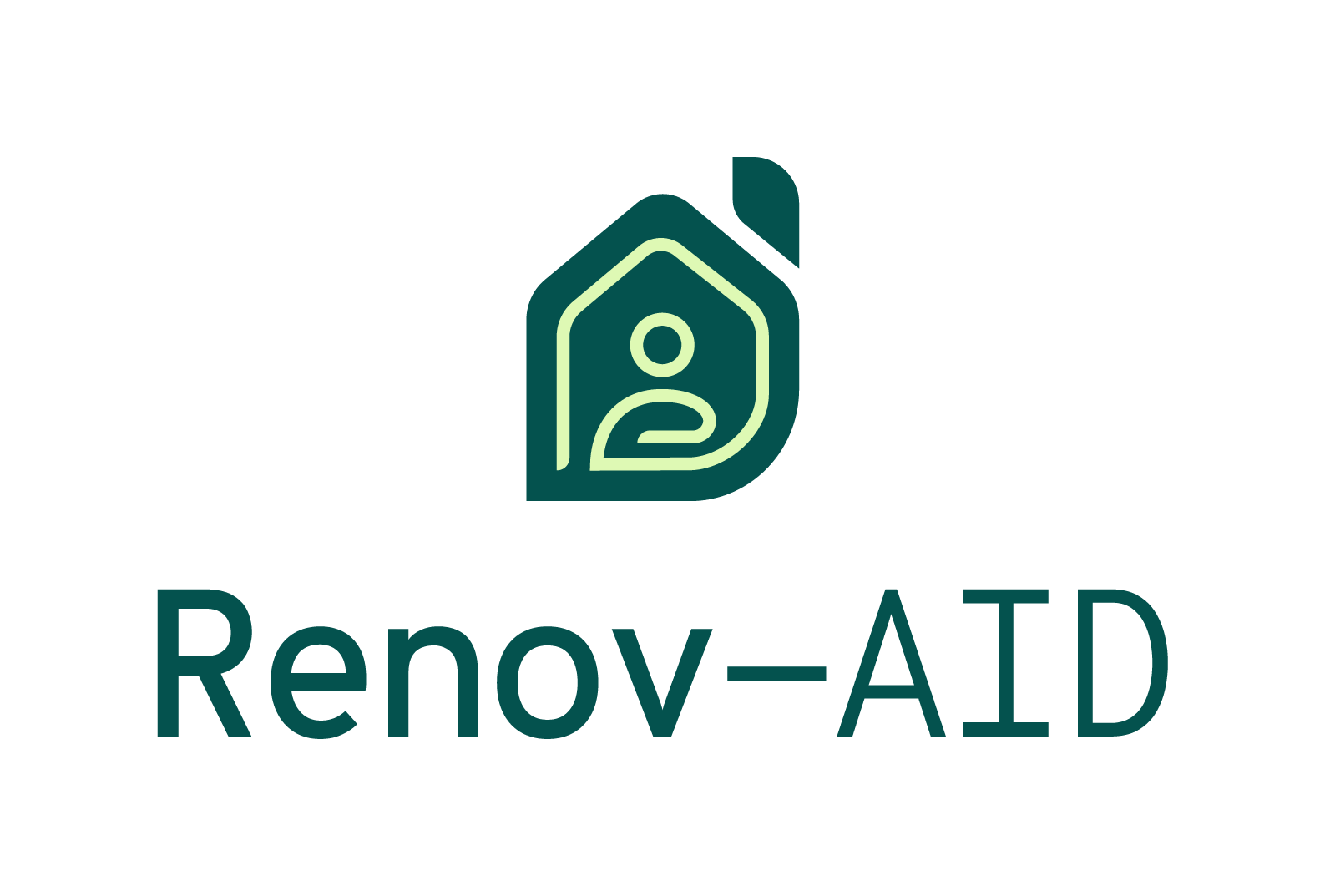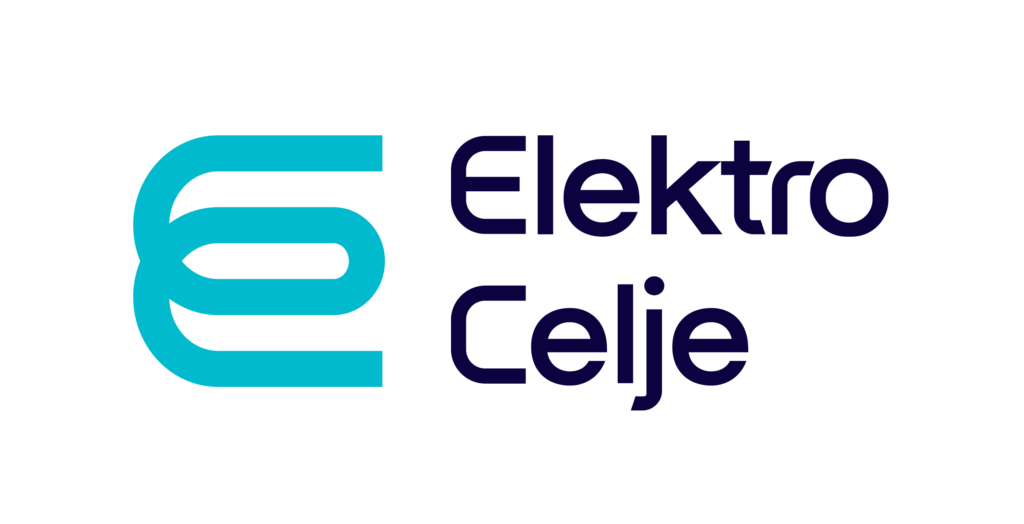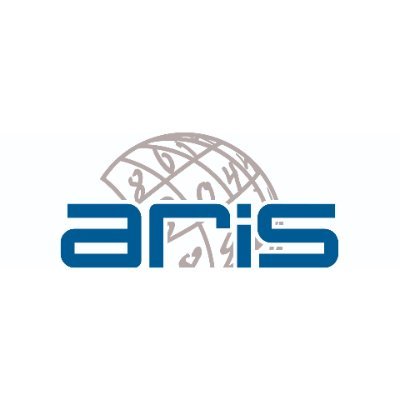The Renov-AID project in Slovenia follows the revised directives on Energy Efficiency (EED) and Energy Performance of Buildings (EPBD), which introduce “one-stop shops” (OSS) to support energy renovations. The aim of the project is to establish OSS in three Slovenian cities, where citizens will be offered comprehensive services for home renovation, ranging from consulting to financing. Renov-AID seeks to improve access to technical and financial renovation services, raise awareness about energy efficiency, and reduce energy poverty. The project will establish a network of OSS that will encourage renovations and reduce CO₂ emissions.
At IRI UL, we believe that true innovation comes from breaking down barriers and bringing diverse perspectives together. This extends to every aspect of our work, from research & development, project management, to expert counselling and providing education & training. By fostering collaboration among our experts from different fields, such as mechanical and electrical engineering, anthropology, and visual design, we create a dynamic environment that thrives on creativity and problem-solving.

Department for Applied Social Science Research
Our basic principle is that sustainable progress can only be achieved if we put the well-being of both people and the environment at its heart. That is why we actively promote and pursue research and development initiatives that involve people and communities, promote social equity and respect cultural diversity. Through our unique people-centred development approach, based on anthropological principles and methods, we collaborate and co-design solutions together with local stakeholders. Understanding their needs, values and existing practices enables us to develop innovations that promote positive and sustainable social change.
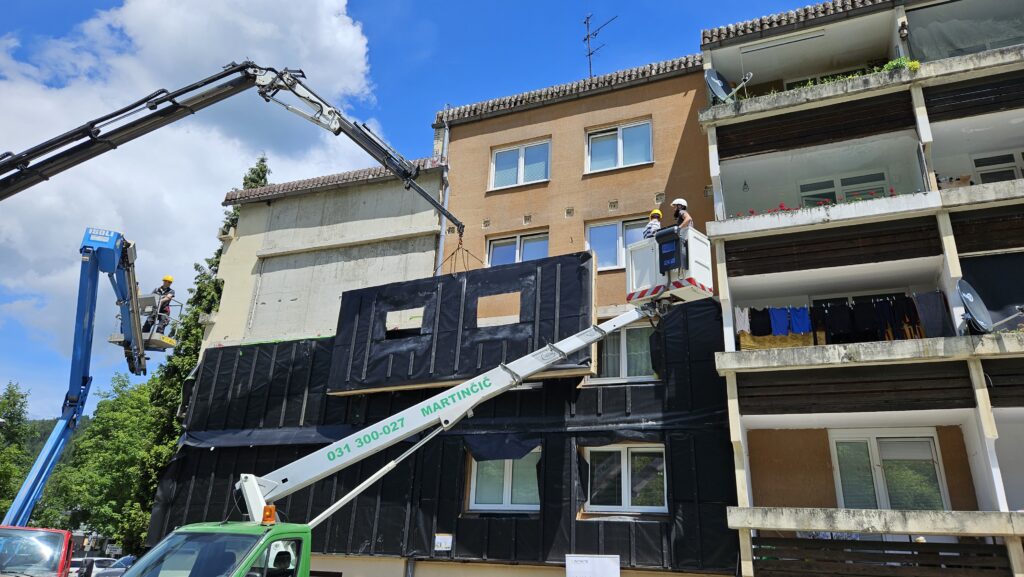
Department for Efficiency and Built Environment
To meet the challenges of the modern age, we are focusing our efforts on transforming the built environment into a sustainable form with zero carbon emissions. To this end, we work closely with a diverse range of experts and sectors, using an innovation ecosystem model involving four key players. Our expertise allows us to assess and advise on energy and material flows in buildings and infrastructure. We apply the concepts of embodied energy and emissions reduction to building renovation, integrating materials into the cycle for efficient recycling. We are also actively supporting the future of energy certification.
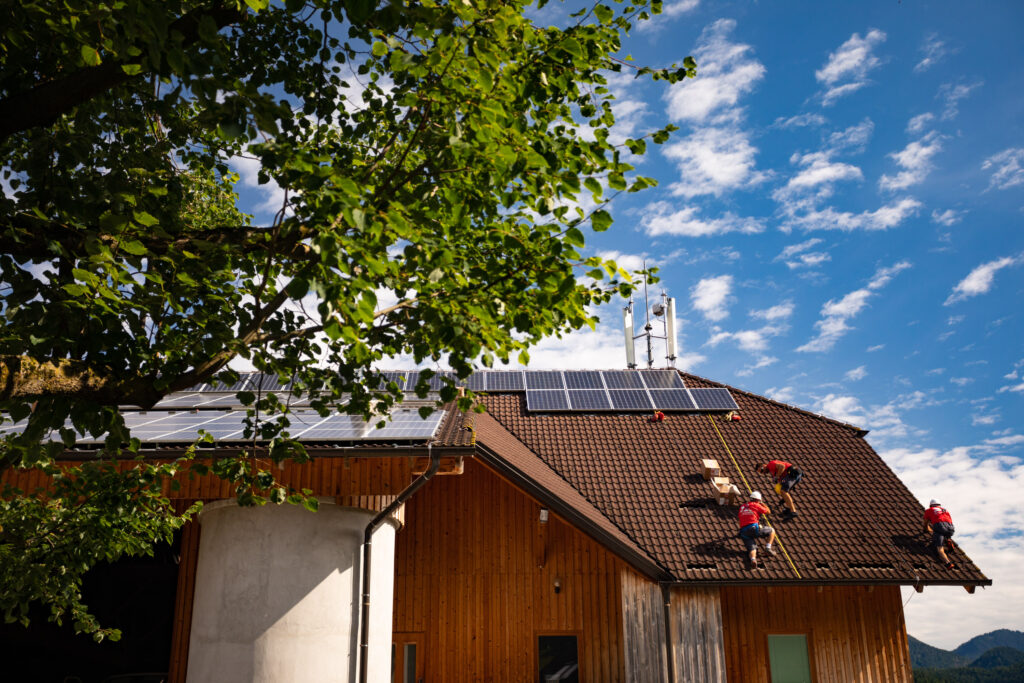
Department for Sustainable Energy Solutions
Offering innovative advice and strategies for the energy sector, our focus lies in sustainable energy production, storage and use, renewable integration and smart grids. Solutions are provided for risk management, efficient energy management and the creation of carbon neutral cities. We aim to increase energy efficiency and reduce our environmental footprint, contributing to a greener and more sustainable future.
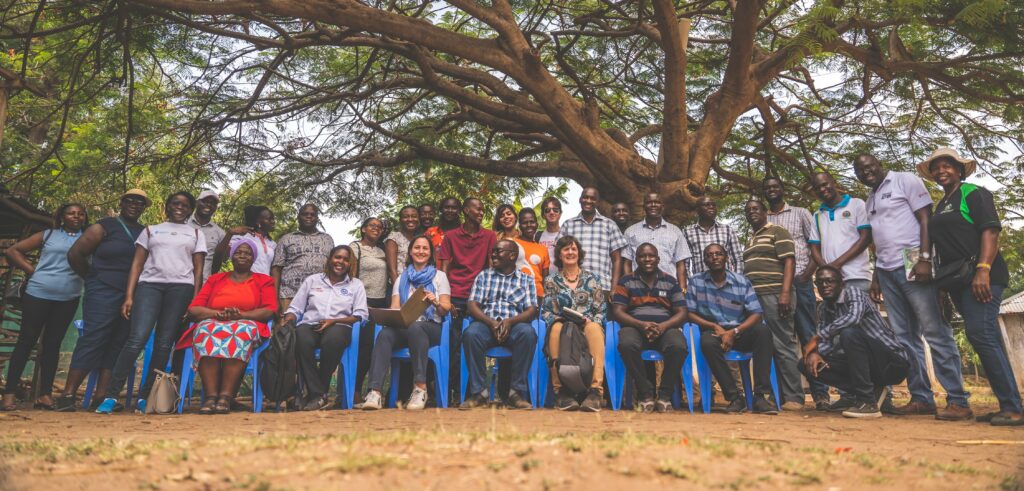
Responsible Research and Innovation
Through Responsible Research and Innovation, we ensure that our project endeavours are guided by principles of inclusivity, transparency, and accountability. We actively engage stakeholders, including end-users, experts, and citizens, to understand diverse perspectives and potential impacts prioritizing ethics in research, safety, data privacy, and the ethical use of technologies. In our industrial and EU-funded projects, we aim to set a benchmark for responsible conduct, guiding and inspiring others to follow the path to sustainable and ethical futures.
Projects

BUILD UP Skills United (BUSUnited) is a LIFE Clean Energy Transition project that strengthens EU-wide collaboration on sustainable energy skills in the construction sector by connecting practitioners through Communities of Practice, supporting upskilling, innovation, and implementation of national and European skills strategies.
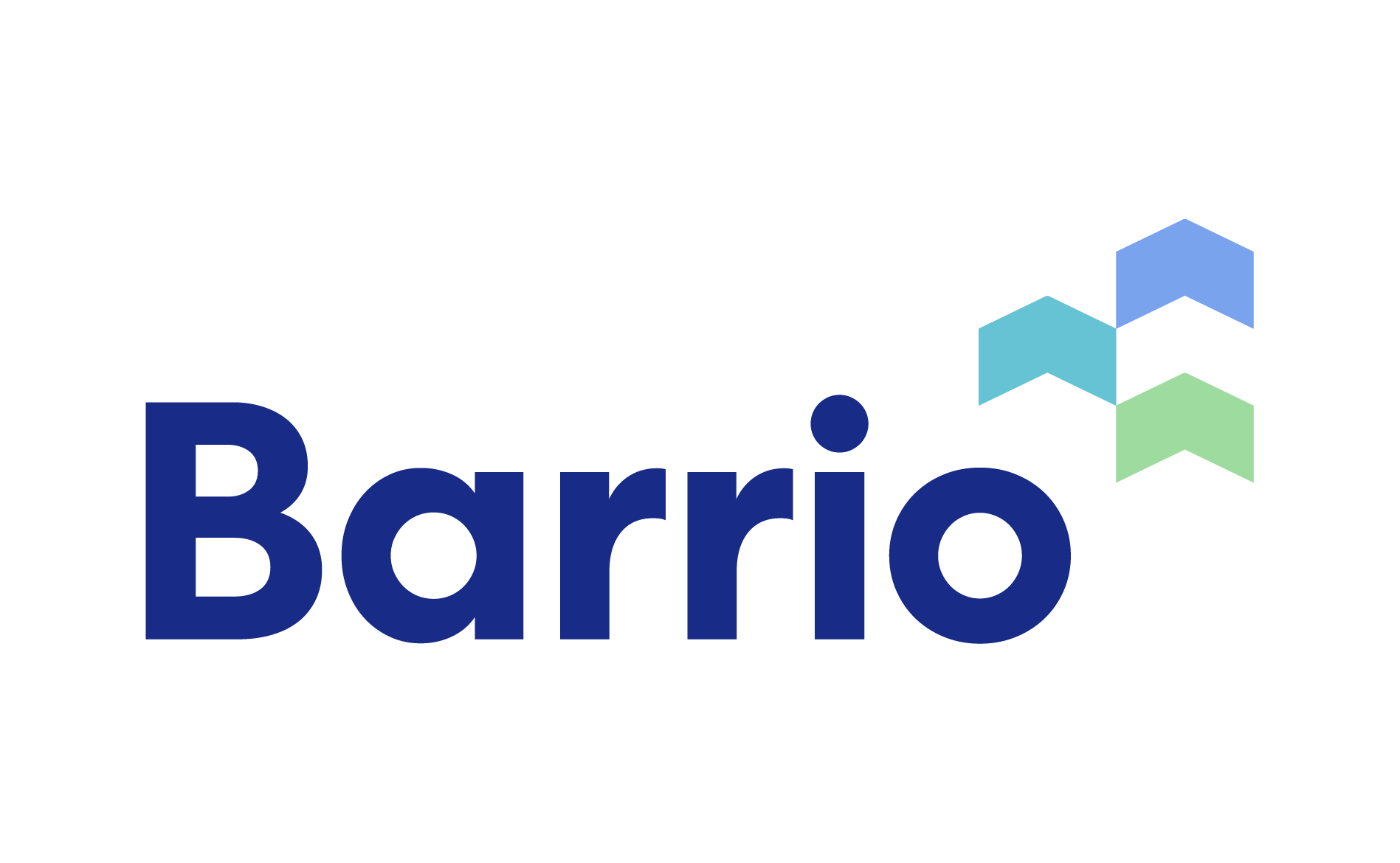
The BARRIO project addresses challenges in scaling building renovations and fragmentation in supply and demand. Europe’s construction sector accounts for 36% of emissions and 40% of energy use, with 75% of buildings still energy inefficient. BARRIO aims to accelerate renovation by enhancing service access, focusing on larger areas (e.g., neighborhoods), and developing tailored business models. A multidisciplinary tool will be piloted in Slovenia, Spain, Italy, and Bulgaria to cluster buildings by shared traits, compare renovation models, and create actionable plans, adaptable to cities across Europe and globally.

The SOCIALNRG project tackles energy poverty by empowering vulnerable households as experts to shape sustainable energy solutions. Implementing adaptable energy community models in social housing in Slovenia, Italy, and Belgium, the project emphasizes co-creation, peer learning, and policy recommendations. Key goals include fostering community energy models that lower costs, enhance sustainability, and build community trust. SOCIALNRG also forms Local Advisory Boards to bridge sectors and develop replicable, customizable blueprints and capacity-building programs in nine additional EU countries. IRI UL leads WP2 on household engagement, qualitative research, Slovenian pilot planning, and supports dissemination and training.

The SynGRID project aims to enhance institutional and regional innovation in Widening countries (Croatia, Greece, and Slovenia) by capitalizing on the outcomes of previous Horizon 2020 and ongoing Horizon Europe projects. The project focuses on improving the management, observability, and controllability of low-voltage grids in the context of increasing integration of Renewable Energy Sources (RES). This will be achieved through transparent knowledge sharing and fostering stronger collaborations between renowned research and innovation institutions and Higher Education (HE) beneficiaries in the target countries.

SONATA aims to generate evidence-based recommendations on the use of architectural adaptation as technological intervention that can benefit human health and well-being in the workplace. Firstly, SONATA aims to measure, quantify and increase the range of health and well-being benefits of the separate and combined effects of state-of-the-art architectural adaptations on four different building shearing layers. Secondly, SONATA will generate empirical knowledge on how these multiple co-located adaptations can be intertwined together so that their health and wellbeing impact is greater than the sum of the separate layers. Lastly, SONATA investigates how these positive effects can become equitably negotiated between the varying – and often conflicting – work situations that must co-exist in a shared workplace.

In Lebanon, different crises threaten livelihoods, especially with high youth unemployment. Technical and Vocational Education and Training (T-VET) offers essential skills for the job market. Through two STRIPES Centres, we boost T-VET’s ability to connect graduates with jobs by: developing institutional and organizational capacity; providing training in employability skills, curriculum development, recruitment and, internship coordination and mentoring and coaching; establishing physical and digital centers; creating an online platform for job placement. STRIPES project offers tailored training and support to enhance T-VET’s role in bridging education and employment, ultimately aiming to improve its perception among students and stakeholders.
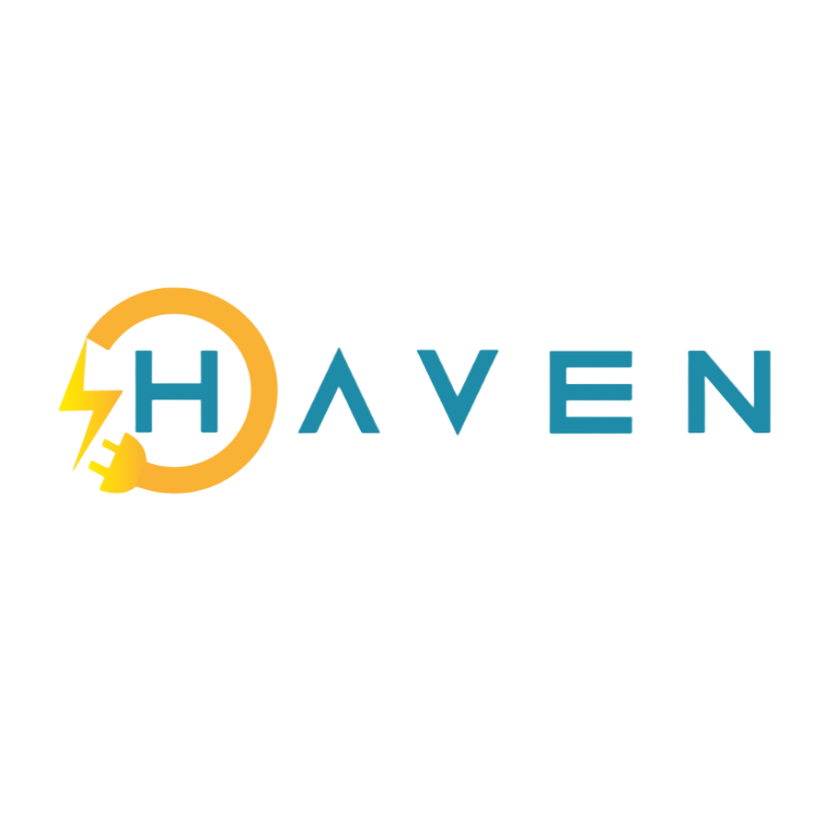
HAVEN features a systematic, collaborative, and integrated approach to the design and demonstration of a cutting-edge, sustainable, and safe HESS capable of long duration storage and provision of multiple services for supporting the electrical grid and EV charging infrastructure by coupling complementary technology assets, namely, next-generation high-energy (HE) and high-power (HP) storage technologies, optimised power converter devices with innovative cognitive functionalities, advanced and cyber-secured energy management and control tools and strategies in a novel system architecture.

EENOVA is dedicated to addressing the key challenges associated with the food chain’s heavy reliance on fossil fuels. Our primary objectives revolve around promoting energy-efficient solutions, evaluating and enhancing energy efficiency, increasing the use of renewable energy sources, and simultaneously reducing the carbon footprint within five regional value chains spanning five distinct food processing subsectors and countries.

INSSPIRE project stimulates evidence-based inclusive education for sustainable development through building intra-university capacity, strengthening the university-community collaboration, and enhancing inter-university partnerships. It aims to develop the higher education staff capacity for the delivery of courses and modules on food systems and climate change and to equip students with skills and real-life experiences for transformation of food systems and their future labour market success.
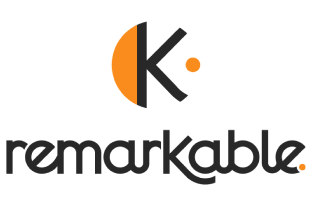
REMARKABLE is developing supporting services for existing Climate Leaders working at municipal and regional levels, as well as training new generations of leaders who will drive the European Union’s ambitions for Climate Neutrality by 2050. Through our activities, we give voice to the existing and emerging local leaders, as well as create space for them to search for quick and effective ways to meet (and exceed) Europe’s ambitions for transition into a carbon-neutral, sustainable future.

The HAPPY Project enhances collaboration between higher education institutions in Europe and Bhutan and implements innovative qualitative research teaching and learning approaches in Social Sciences and Humanities. It aims to sensitize different stakeholders about the added value of qualitative methods, modernize existing higher education curricula and enhance the competencies of academics in qualitative teaching and research.
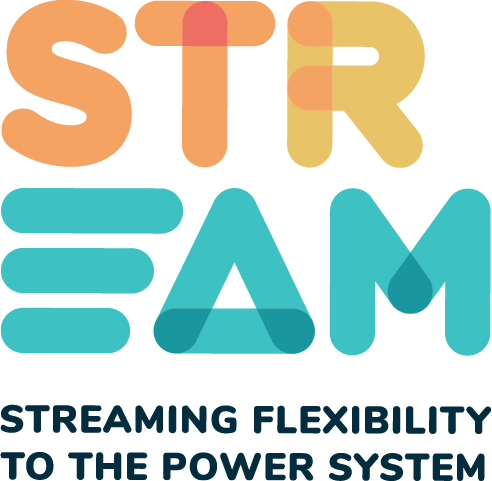
The ambition of the STREAM project is the creation of an innovative and robust flexibility ecosystem (“STREAM Ecosystem”) on the low voltage (LV) grid side of existing power markets. The success of the STREAM ecosystem relies on the benefit realized through the new business models developed in STREAM, built upon local LV flexibility markets and novel barter-like mechanism. STREAM will connect data, technologies, stakeholders and markets on the one hand, and will facilitate the flexibility provision through open data sharing to enable other citizen services designed through a User-centric Approach to improve their acceptance and uptake.


